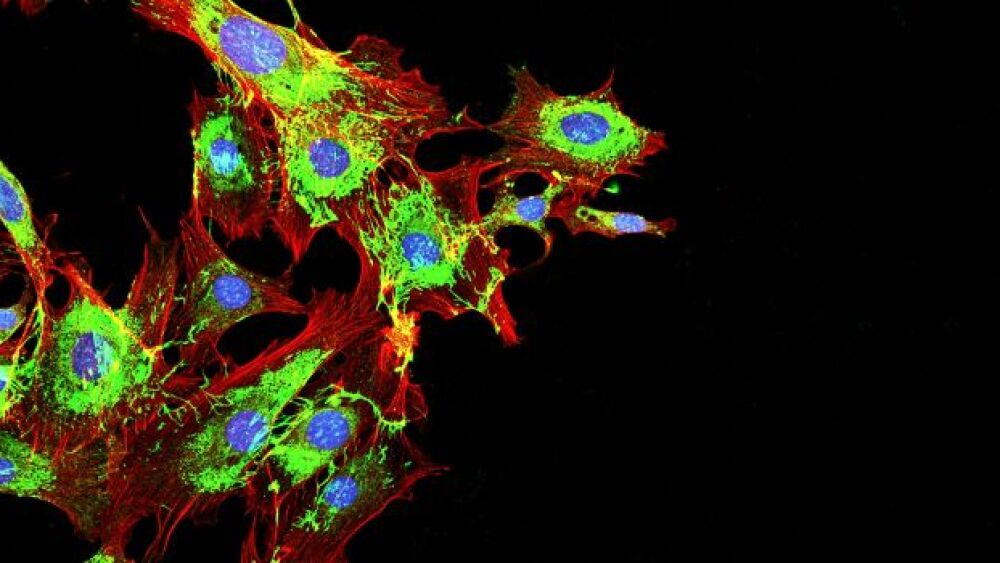MacroGenics’ metastatic HER2-positive breast cancer treatment margetuximab continues to show promise following a second pre-planned interim overall survival analysis of its Phase III SOPHIA trial.
Maryland-based MacroGenics’ metastatic HER2-positive breast cancer treatment margetuximab continues to show promise following a second pre-planned interim overall survival analysis of its Phase III SOPHIA trial.
Data from the analysis shows a median increase of 1.8 months in overall survival (OS) compared to patients who received Roche’s Herceptin (trastuzumab) plus chemotherapy. The MacroGenics experimental drug provided 21.6 months OS compared to 19.8 months for the Roche treatment arm, the company said this morning. The trial is evaluating patients with HER2-positive metastatic breast cancer who have previously been treated with anti-HER2-targeted therapies, including Herceptin, as well as Genentech’s Perjeta and Kadcyla.
Margetuximab is an investigational, immune-enhancing monoclonal antibody derived from the company’s proprietary Fc Optimization technology platform.
Part of the trial’s pre-specified exploratory objective was to evaluate the effect of CD16A allelic variation on margetuximab activity, the company said. The analysis of the SOPHIA data showed that margetuximab demonstrated positive results in this particular patient population. Among the approximately 85% of patients carrying a CD16A 158F allele, the median OS was prolonged by 4.3 months in the margetuximab arm compared to the Herceptin arm, 23.7 months versus 19.4 months, MacroGenics reported. In the other 15% of patients, Herceptin proved to be the better choice, the company said.
In its announcement today, MacroGenics did not provide full details of the analysis. The company said those results will be presented during an oral session at the upcoming San Antonio Breast Cancer Symposium in December. Based on the data from the SOPHIA trial though, the company plans to submit a Biologics License Application to the U.S. Food and Drug Administration before the end of 2019. The final pre-specified OS analysis is projected to occur in 2020.
In May, margetuximab met its first sequential primary endpoint, which was progression-free survival (PFS). Patients receiving margetuximab and chemotherapy had a median PFS of 5.8 months compared to patients receiving Herceptin and chemotherapy, who had a median of 4.9 months PFS. Much like the OS data reported above, in PFS, patients carrying the CD16A 158F allele saw greater benefits on margetuximab than they did on Herceptin.
The safety profile of margetuximab plus chemotherapy has remained consistent with the profile established by Herceptin and chemotherapy.
Serious adverse events occurred in 17% of patients on the margetuximab arm compared to 19% of patients on the Herceptin arm. Infusion-related reactions were more common with margetuximab treatment than with Herceptin but were considered mild.





